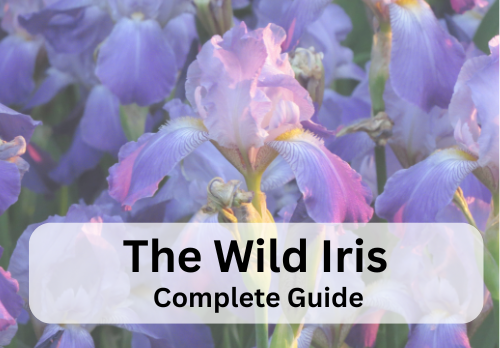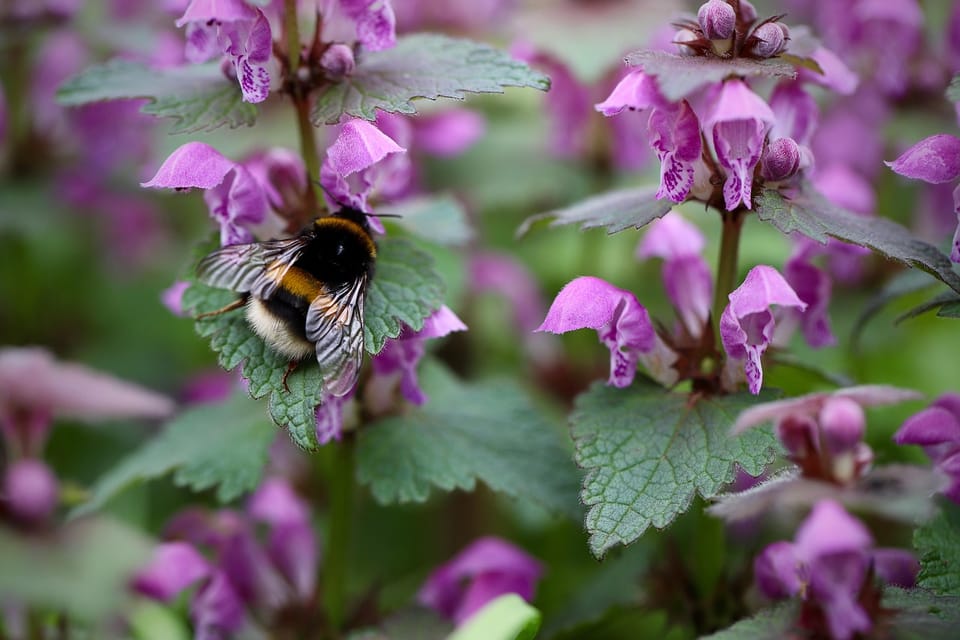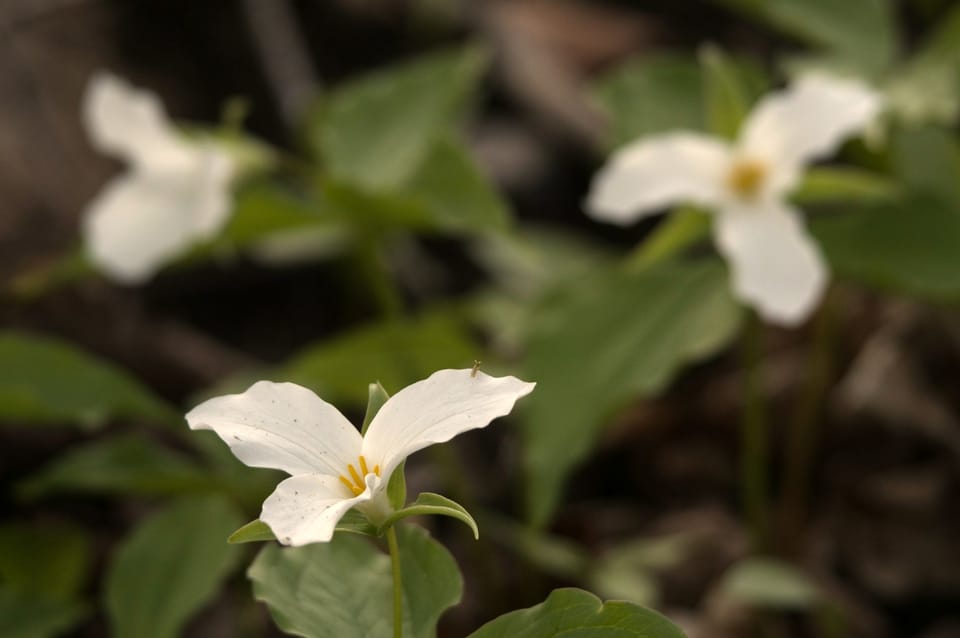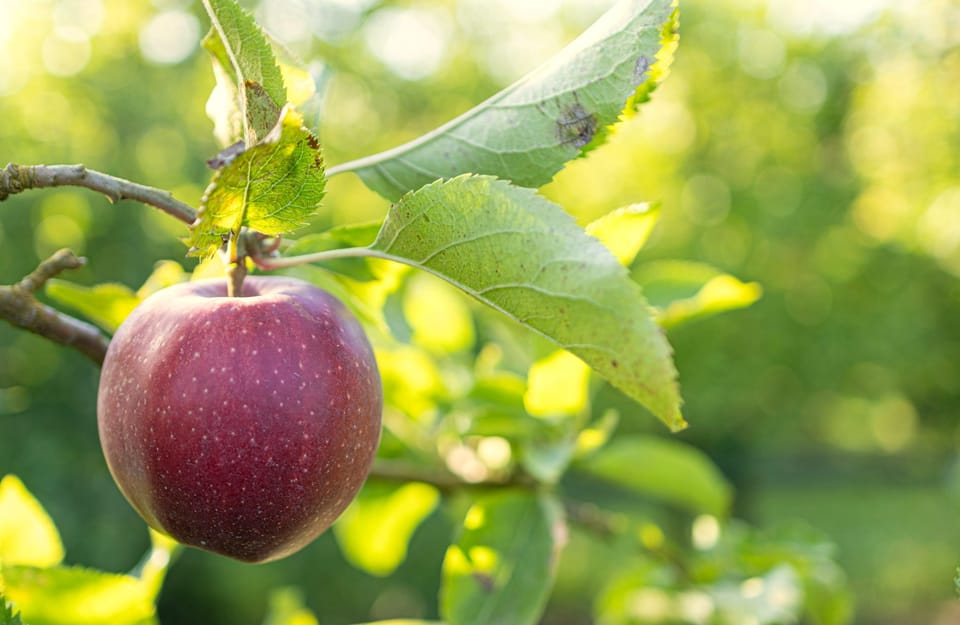The Wild Iris by Louise Glück – Complete Study Guide
A full study guide to The Wild Iris by Louise Glück. Includes analysis of all 54 poems, themes, context, printable resources, and revision tips.

This page is your study companion—a comprehensive guide to The Wild Iris by Louise Glück, designed for students, teachers, and reflective readers alike.
Whether you're preparing for A-Level English Literature Paper 4, studying poetry at university, or simply exploring this Pulitzer Prize-winning collection for personal growth, this resource is here to help you sharpen your analysis and deepen your understanding.
Why Study The Wild Iris?
The Wild Iris (1992) is one of Louise Glück’s most acclaimed collections, known for its meditative reflections on nature, grief, rebirth, and the shifting boundaries between divine and human voice. The collection features an intricate blend of botanical imagery, spiritual questioning, and raw emotion—making it both accessible and richly layered.
While some students focus only on the 30 prescribed poems for exams like CIE A-Level, this guide goes beyond. We’re covering all 54 poems, because every voice contributes to the emotional arc and philosophical depth of the collection.
What You’ll Find in This Guide
This hub includes:
- Poem-by-poem close readings
- Printable study guides and revision tools
- Line-by-line analyses, focusing on voice, tone, symbolism, and seasonal imagery
- Thematic essays and structural breakdowns
- Updated resources for coursework, essays, and personal interpretation
You can follow along chronologically or browse by theme.
💡 New poems are added every month.
Poem-by-Poem Index
Below are the posts currently available (more coming each month):
- The Wild Iris – Poem Analysis
- Matins 1 (“The sun shines”) – Poem Analysis
- Matins 2 (“Unreachable father”) – Poem Analysis
- Trillium – Poem Analysis
- Lamium – Poem Analysis
- Snowdrops – Poem Analysis (Coming Soon – August)
- Clear Morning – Poem Analysis (Coming Soon – August)
- Spring Snow – Poem Analysis (Coming Soon – August)
→ The full Poem Index will continue to grow as more posts are added.
Contextual Notes
Published in 1992, The Wild Iris arrived at a time when mental health was gaining wider recognition in public discourse. Just two years earlier, the Americans with Disabilities Act (1990) had classified mental illness as a protected category under U.S. law—marking a cultural shift in how depression and psychological suffering were discussed.
Glück’s collection reflects this shift—not by defining or diagnosing—but by embodying depression, longing, and spiritual crisis in poetic form. Her voices (both human and botanical) move through cycles of despair, clarity, and quiet endurance, mirroring inner life with natural rhythm.
Main Themes
1. Depression
The speaker is depressed and seeks comfort, but not in conventional ways. Nature offers stillness, sometimes solace—but it also sharpens her isolation. The garden becomes both a refuge and a reminder of what’s missing. Her tone isn’t one of emotional outpouring; it’s observational, restrained, exacting. This is why critics, such as Stephen Burt, describe Glück’s voice as reflecting the emotional rhythms of “depressed people”—not spiraling, but seeing, documenting, witnessing.
And yet, happiness isn’t entirely absent. It flickers in moments—not in triumph, but in quiet acceptance. The speaker doesn’t resolve her sorrow, nor does she overcome it. Instead, she learns to coexist with it, finding meaning in the tension between grief and endurance. In Glück’s world, happiness and sorrow are not opposites—they’re almost intertwined and inseparable.
2. Rebirth
Much like nature renews itself each spring, Glück writes about survival—the slow, cyclical rhythm of change, where renewal never fully separates from the past. In the titular poem, The Wild Iris, the iris does not just bloom—it returns, carrying memory, consciousness, and the weight of having endured.
This renewal is not triumphant, nor is it a cleansing of sorrow—it is reconciliation. The speaker learns to exist alongside what has come before. The seasons shift, but they do not erase. The Wild Iris reminds us that survival is not about forgetting—it’s about persistence, about moving forward with full awareness of what remains.



